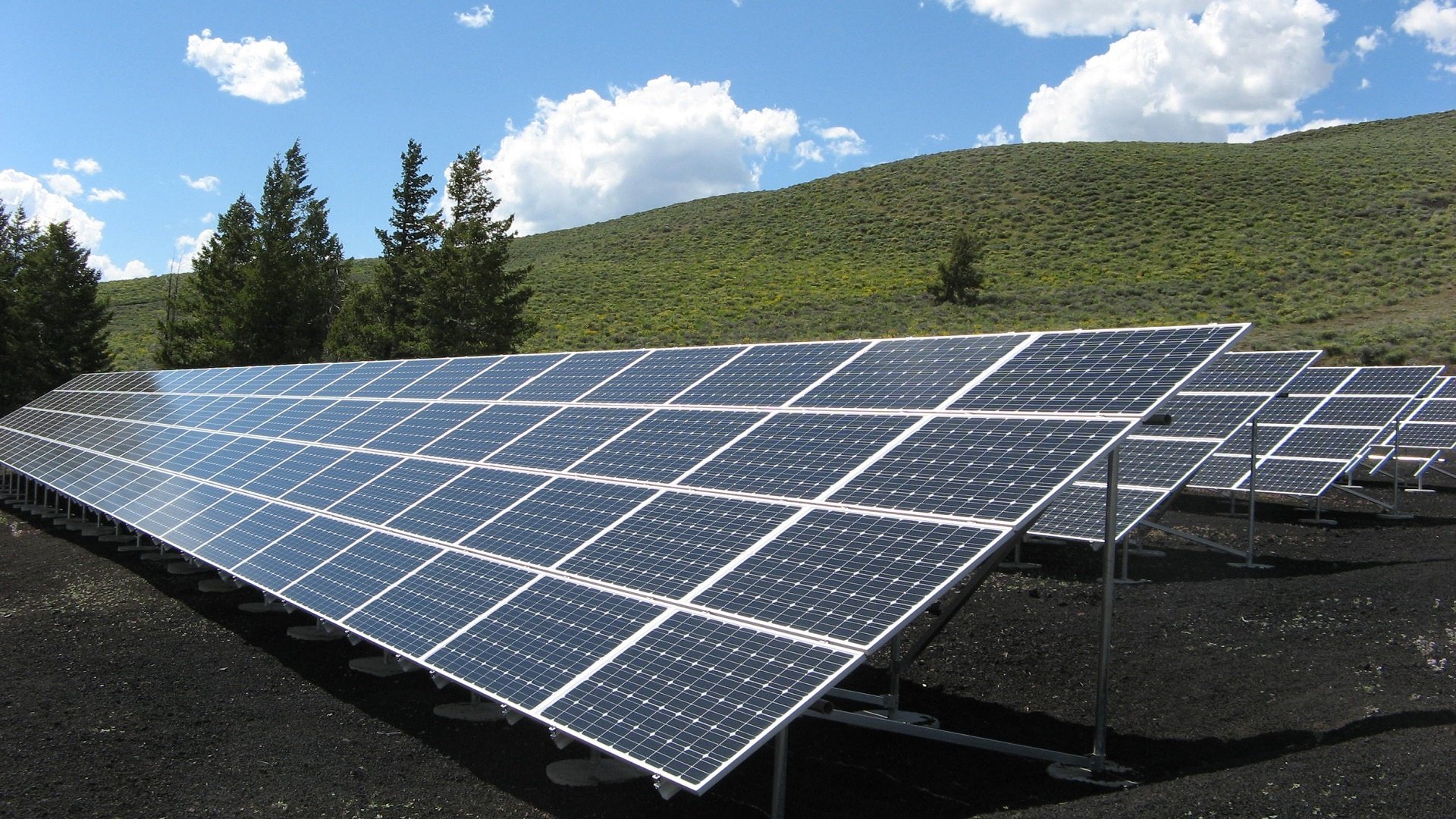(REPOST: Idependent)
The United States is retreating from the global community under a president who rejected the Paris Climate Accords and denigrates Nafta and Nato. This provides an opportunity for China to play a greater role in global affairs.

This is the backdrop to the 19th Party Congress, as China seeks to balance external influence with domestic economic stability. One area in which China can exert greater influence is infrastructure, an urgent issue for development. According to the OECD, supporting development worldwide requires yearly infrastructure investment of $6.3 trillion until 2030. With knowledge of development honed through decades of rapid domestic economic growth, China is well placed to shape global development in ways that may define the rest of the 21st century.
China has invested in infrastructure projects around the world since the 1970s but a coherent policy for infrastructure investment first appeared in 2013. During a speech in Kazakhstan, Xi unveiled the Silk Road Economic Belt concept.
Shortly thereafter he proposed the Asian Infrastructure Investment Bank. Other institutions supporting China’s global initiatives include the $40bn Silk Road Fund and the New Development Bank led by China, Brazil, Russia, India and South Africa.
The crown jewel, China’s Belt and Road Initiative, is expected to attract $1 trillion for trade, transport and energy initiatives around the world.
Build at your own risk
Infrastructure is a development necessity, but its expense is a barrier and assistance from China is attractive. More than 60 countries have signed agreements for China to fund infrastructure projects.
However, loan recipients should not assume that infrastructure will automatically transform their economy. Projects can drain resources and often provide little benefit to greater society. Attracting a Belt and Road Initiative project may grab headlines but it is no panacea.
The economic benefits of infrastructure are often vastly overstated. Currently Sri Lanka is unable to service debts to Chinese lenders for expensive but largely unused ports, airports and highways.